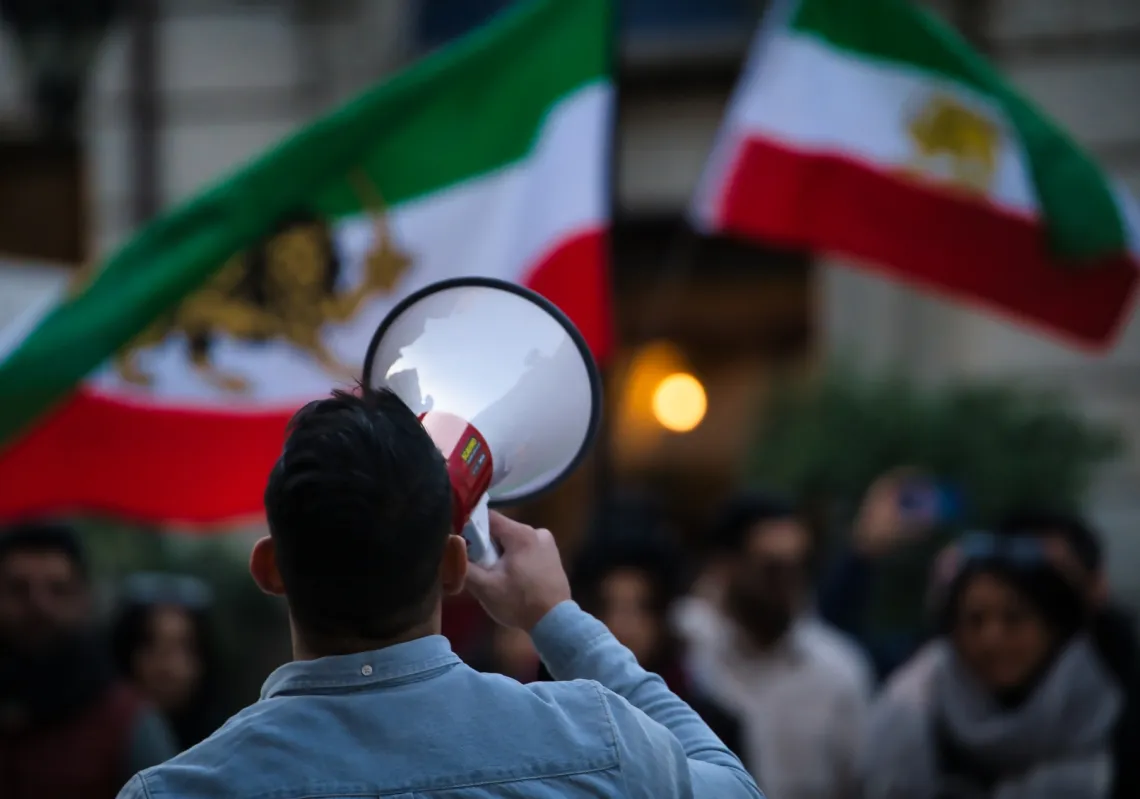Turkish politics have long lived by one of the most enduring mottos of Mustafa Kemal Ataturk, the country’s modernizing and secularizing founder: “Peace at Home, Peace Abroad.” The slogan is eminently sensible and the government of the liberal Islamic Justice and Development Party (AKP) has been working hard – and mostly succeeding – in living up to the “Peace Abroad” dictate.
Following an approach it calls “Zero Problems with Neighbors,” Ankara has forcefully realigned the country’s foreign policy in recent years, seeking a greater engagement with the surrounding region and to establish itself as a neighborhood soft power broker and mediator. In recent months, for example, Turkey signed a historic agreement that could pave the way for renewed diplomatic relations with Armenia and also signed a high-level cooperation agreement with Syria, a country that less than a decade ago it almost went to war against. Ankara has also seen a dramatic rise in terms of its trade relations with its immediate neighbors and in terms of its political and diplomatic clout in its surrounding region.
Achieving “Peace at Home” has been a different matter. While Ankara has achieved notable success in the foreign policy field, Turkey today faces deep and potentially destabilizing domestic political divisions and a political system that sometimes flirts with dysfunctionality. With a political culture that emphasizes confrontation over cooperation and a political opposition that seems unable to develop a forward-looking vision for the country, Turkey may find its efforts at democratization and at burnishing its foreign policy credentials defeated by its political divisions at home.
At the heart of Turkey’s domestic trouble lies the country’s ongoing effort to define its post-Ottoman identity. The Kemalist vision laid out by Ataturk – that of a secular, western-oriented Turkey that emphasized a uniform sense of Turkish identity – was successful in helping the country rise out of the rubble after the collapse of the Ottoman Empire. But the rise of the AKP, which represents an emerging Islamic elite that is less connected to the Kemalist approach, has put that vision to the test. In many ways, the AKP is trying to formulate a post-Kemalist identity for Turkey, one that provides greater room for religious identity and ethnic diversity.
This effort has been met by deep suspicion from Turkey’s Kemalist establishment and the AKP’s political opposition, with the country’s domestic politics often characterized by a marked level of antagonism. A good example is the recent debate in parliament over the government’s ongoing “democratization initiative,” a reform effort mostly aimed at solving the decades-old Kurdish problem by the introduction of increased cultural and political rights. When the government first tried to present its program to parliament on November 10 (unwisely, since that day is also the anniversary of Ataturk’s death), members of the two main opposition parties, the secularist Republican People’s Party (CHP) and the hard-line Nationalist Movement Party (MHP), almost came to blows with members of the AKP and left little room for actual debate. The opposition has blocked many of the government’s other reform efforts, particularly those dealing with Turkey’s ongoing European Union membership process, often times by appealing to nationalist sentiments.
The AKP, at times, has also done its part to raise domestic tensions, filling ministries and governmental agencies with like minded (i.e. religiously conservative), though not necessarily qualified, functionaries and taking disturbing steps to create a pliant, pro-government media. The sometimes heavy-handed way in which an ongoing investigation into an alleged coup plot, known as Ergenekon, has been conducted has also created suspicion and given secularists the sense that the government is targeting them and their institutions.
What’s the way forward for Turkey? To really step out from under the shadow of its domestic divisions, Turkey needs to have a frank and wide-ranging discussion about what Turkish identity means today and what kind of country it would like to become. Having that conversation when nobody will listen to each other will be difficult.
Yigal Schleifer –
freelance writer based in Istanbul, where he works as a correspondent for the Christian Science Monitor and writes Istanbul Calling (istanbulcalling.blogspot.com), a blog covering Turkish politics and foreign policy.








